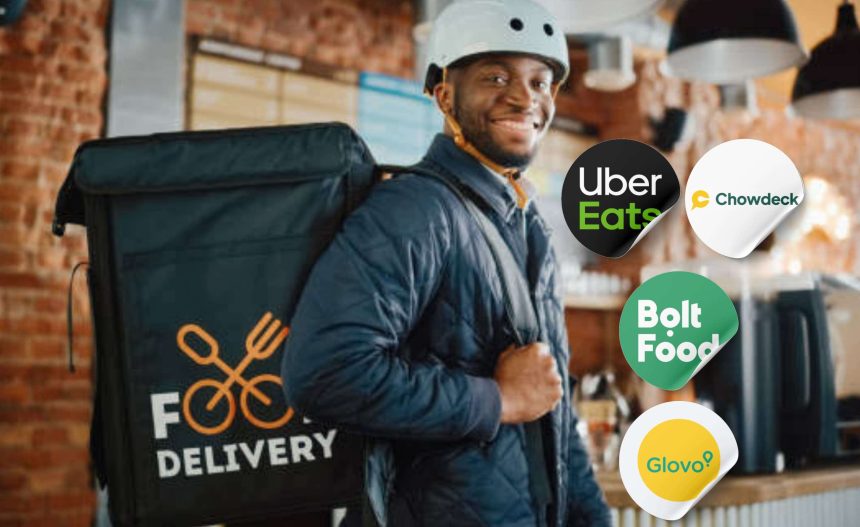As food delivery platforms like Chowdeck, Glovo, and others spread across Africa, the conversations are emerging about these startups.
These platforms are now essential infrastructure, connecting small restaurants to new markets, offering employment for thousands of riders, and reimagining how food moves through cities.
Here, Techparley spoke to the people, explored what Chowdeck and the larger African food delivery industry mean to them.
A Solution for Time-Starved Professionals
In cities like Lagos, food delivery companies like Chowdeck, Glovo, Uber Eats, and Bolt Food are helping young professionals reclaim time and reduce stress.
Ijeoma, a 27-year-old accountant, found herself constantly drained by long commutes, late nights, and the pressure to cook.
“Ordering meals gave me back my evenings. I use Chowdeck everyday because of my schedule, now I think it’s part of my lifestyle,” she explains.
For professionals navigating fast-paced work schedules, food delivery provides a dependable alternative to kitchen duties. And platforms like Chowdeck offer critical support in maintaining wellbeing and work efficiency.
Affordable Treats for the Younger Generation
For students and young adults, food delivery isn’t about daily use, it’s about affordability. Samuel Adeyemi, a 22-year-old student of Unilag, orders once a week, usually on Fridays.
“It’s my treat to myself after a tough week,” he says. “These platforms has made life easy to live.”
Using Glovo delivery app, he enjoys fast service and student-friendly prices. This growing demographic sees food delivery as aspirational and emotionally satisfying.
As affordability matters, startups tapping into student culture and pricing behaviour are finding success by blending accessibility with celebration.
Reliable Support During Life’s Transitions
When Zainab Rahmon, a 35-year-old lawyer in Lagos, got sick and couldn’t get herself cooking, food delivery became a support.
“It was how I survived during those periods,” she shares. “With my husband gone on a work trip, I relied on Chowdeck to keep days. And it came to my rescue.”
For many African households, especially those navigating health challenges, or unpredictable schedules, delivery platforms offer reliable backup, giving users not just meals, but peace of mind.
Bringing Local Food Culture to the Fore
In Ibadan, food delivery is helping preserve and promote culinary identity. Ibrahim Yekin, a product designer, remembers when most food apps featured mostly Western menus.
“It felt like our local food didn’t belong,” he says. “That has changed now. You can now get our traditional foods and easy process. These platforms are a life saver.”
For many like Ibrahim, food delivery has become a bridge between technology and tradition, one that allows busy Africans to enjoy the meals they grew up on, even in the middle of a workday.
Talking Points
Food delivery platforms are now becoming part of the rhythm of daily life. Who doesn’t eat?
Whether saving time, honouring culture, supporting families, or creating small joys, services like Chowdeck, Uber Eats, Glovo, and Bolt Food are building more than apps.
Today, we see how they are shaping how African cities eat, live, and adapt to modern demands.
At Techparley, we believe that as the food delivery landscape matures, startups that understand these layers will set the pace for the continent’s foodtech future.





